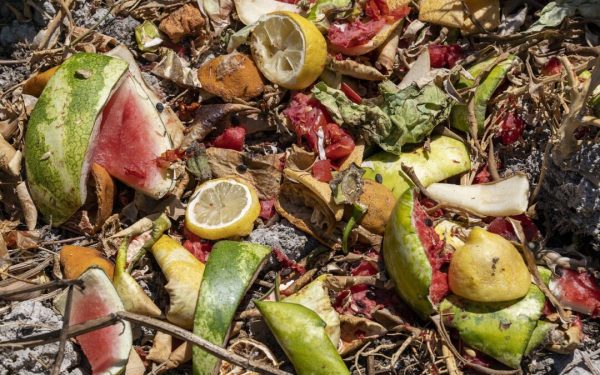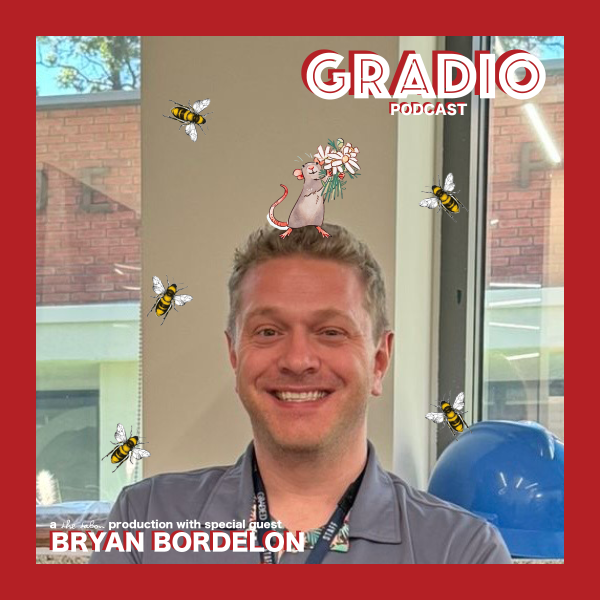In defense of my obsession with rainbows
Last month, Adam Fertig wrote an article professing his love for the unique “gastronomical mixtape” that is a sandwich. It is very much like him to prove that even his seemingly shallow interests have deep meaning behind them, and this time was no different. In an ode to sandwichness, Adam explained why the food illustrates equality. Adam’s heartfelt words (was anyone else surprised to find out he actually has emotions?) inspired me to explain an obsession of my own: rainbows.
It started in the summer of 2010 when I babysat my five-year-old cousin for a night. After hours of trying to get him to play the board games I enjoyed as a child, I finally let him use the iPad. Two minutes after he began playing on the device, he came back and held it up to me. He had opened a drawing app I didn’t even know existed and drawn an impressively accurate rainbow. Next to it he had scrawled, “arco-íris não duram para sempre,” which translates to “rainbows don’t last forever.” I was amazed by his insightfulness, and could only manage to reply with a measly “That’s beautiful.” The confidence of his response shocked me even more: “I know,” he laughed, “It’s for you!”
The way I chose to interpret his sketch represents a belief that I have held to this day. Unlike Adam, I am not obsessed with rainbows because I think they represent something positive. I am obsessed with them because I see them as a visual representation of the futility that permeates society—a fascination that is definitely paradoxical. It seems to me that we are headed down a dangerous path towards impossible ideals of beauty, monetary gain, and industrial production. We are told that it is irrational to want to look like the women on magazines, to want to be as rich as celebrities. “Clara,” my mother once told me, “you’re telling me you want to have a 4.0 GPA and a perfect SAT score, get into Ivy League schools, be a good person, and save the world while looking like a Barbie doll?” It is irrational, so why don’t we stop? What are we truly looking for? Not a holy grail, not the cure to cancer, not a pot of gold. We are looking for something as momentary and perishable as a rainbow.
I’ll never know whether or not my baby cousin knew how meaningful his drawing was. Can a child who values material possessions so much already understand the short-lived nature of beauty? It’s improbable, but possible. What I do know, though, is that a five-year-old encouraged me to reconsider what’s worth loving. So much of my time had been (and, sadly, continues to be) wasted on a search for unattainable perfection. It bothers me that sometimes I still find myself, literally and metaphorically, staring at the beauty of a rainbow and wishing I could own it. But none of the truly important aspects of my life—such as morals, family, and respect—are fleeting, and I’ll fight to keep it that way.















